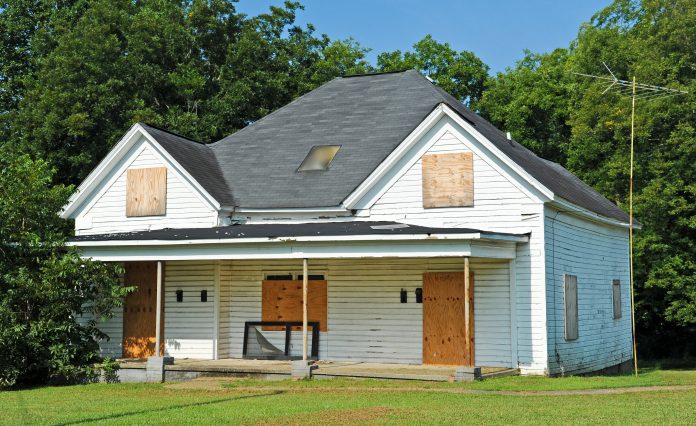
Several abandoned houses in our neighborhood are hurting our property values. What is being done about these abandoned properties in Ohio?
Following the great recession, it became clear that abandoned properties were lowering neighborhood property values. When a property owner defaults on a loan, a court is generally responsible for selling the property through a “judicial sale,” such as an auction. In many parts of the state, judicial sales were taking far too long to be held, which gave more time for properties to become abandoned and for problems to arise.
I understand that the Ohio legislature changed the law regarding judicial sales in Ohio. What was the goal of this change?
The goal of the legislation was to modernize the process by which property is sold in the state, maximize sales prices by allowing for a more diverse group of potential bidders and attempt to reduce blight by disposing of troubled properties more quickly.
If I have missed payments on my mortgage-loan, can I still contest the bank’s ability to foreclose my house?
Yes. You, as the borrower, can still contest the lender’s entitlement to foreclose on the property. The new laws mainly focus on how residential properties can be sold in Ohio after the court enters a foreclosure decree.
What happens if I am in foreclosure and I intentionally damage my house to get back at the lender?
The new law would make you subject to a misdemeanor for criminal mischief for damaging, destroying or improperly tampering with property once you have been served with the summons and complaint in the foreclosure action.
Will the sheriff still conduct judicial sales?
Yes and no. The sheriff will still handle judicial in a vast majority of cases. However, the foreclosing lender, such as a bank, can ask the court to appoint a private selling officer (PSO) to market and sell the property instead. The PSO must be a licensed auctioneer and real estate broker/salesperson.
Will judicial sales still take place at the courthouse?
Again, yes and no. The new law requires a single, statewide auction management system to be implemented. For the first five years of the new management system, individual counties can choose to hold sheriff’s sales at the courthouse or to sell residential properties through Internet auctions. If an individual county decides to hold Internet auctions, the county sheriff must give notice similar to what is required for a sheriff’s sale. This includes notice of the auction’s start date, the minimum amount of time the auction will last (no less than seven days), the website address of the Internet sale, and the required deposit and costs. After the management system has been in place for five years, there will be no more in-person sheriff’s sales at the courthouse, and all judicial sales of residential property must be completed through Internet auctions managed by individual county’s sheriff departments.
What happens if there is a judicial sale, but nobody buys the property?
The new law requires the county sheriff to set two dates for the sale of residential property. The court sets the first sale date and lists a second sale date in case the original sale is “no bid, no sale.” The second sale date must be held between seven and 30 days from the date of the initial sale. If the residential property goes to the second sale, there is no minimum bid requirement. This provides a greater chance for the property to be sold, rather than having to use the original two-thirds sheriff’s appraised value that was used for the first sale date.
If I am interested in buying property at a judicial sale under the new law, how much money do I have to put down?
According to the new law, you would have to pay a deposit of $2,000 for a property that is appraised at $10,000 or less; $5,000 for a property that appraised at $200,000 or less; and $10,000 for a property that appraises at more than $200,000 by the sheriff.
What happens if I put down a deposit for a property at a sheriff’s sale, but I change my mind or can’t get financing to complete the purchase?
If you fail, for any reason, to pay the balance due on the purchase price within 30 days of the court’s confirmation of the sale, then you would forfeit the deposit.
This “Law You Can Use” column was provided by the Ohio State Bar Association (OSBA). It was prepared by Columbus attorney David VanSlyke of Plunkett Cooney. The column offers general information about the law. It is not intended to be legal advice. Seek an attorney’s advice before applying this information to a legal problem.
© 2016 Metro Monthly. All rights reserved.




